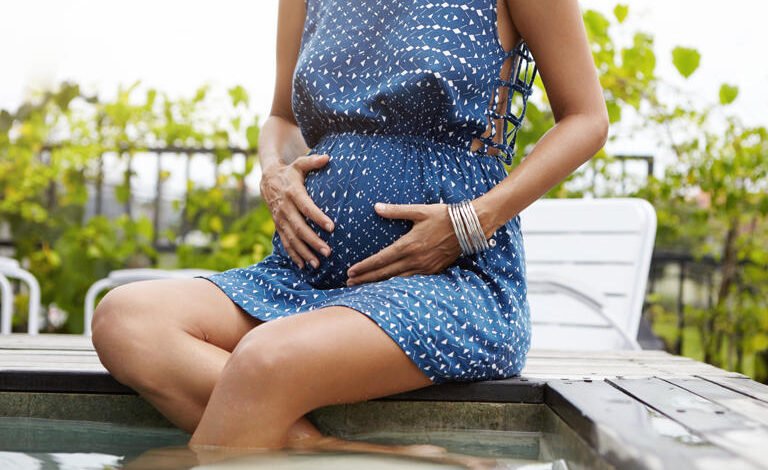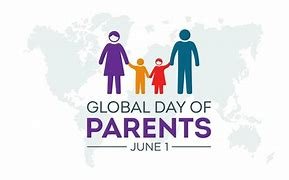Ohio Lawmakers Propose Bill to Allow Parents to Claim ‘Conceived Children’ on State Taxes

Source: http://www.latintimes.com
Ohio lawmakers have introduced a controversial bill that would allow parents to claim embryos or fetuses as dependents on their state income taxes. The proposal, known as the Strategic Tax Options for Raising Kids (STORK) Act, was introduced by Reps. Gary Click (R-Vickery) and Roy Klopfenstein (R-Haviland) and aims to provide financial relief to expecting families. However, the bill explicitly excludes fetuses lost to abortion, raising concerns that it is a stealth effort to expand fetal personhood and restrict abortion rights.
If passed, House Bill 87 (HB 87) would allow Ohioans to claim unborn children conceived during the taxable year as dependents starting in 2026. This revives a similar bill from 2023, which failed to pass before the legislative session ended.
Key Provisions of the STORK Act
The bill includes several significant provisions:
- Parents could claim fetuses and embryos conceived during the taxable year as dependents.
- If a couple files taxes separately, only the expecting mother could claim the unborn child.
- The bill allows families to claim fetuses lost due to miscarriage, but it excludes fetuses lost due to abortion.
- Children conceived via assisted reproductive technologies, such as in vitro fertilization (IVF), would also be eligible.
Miscarried Fetuses Could Be Claimed, But Not Aborted Fetuses
One of the most controversial aspects of the bill is its distinction between miscarried and aborted fetuses. Under HB 87, parents who experience a miscarriage would be able to claim their lost fetus as a dependent, but those who terminate a pregnancy through abortion would not.
This provision has sparked heated debate. Critics have argued that this distinction is an ideological move aimed at recognizing fetal personhood, rather than a neutral financial policy.
Financial Implications of the Bill
Supporters have argued that the bill provides financial relief for expecting parents, especially as the cost of pregnancy and childbirth continues to rise.
According to the Peterson-Kaiser Family Foundation, the average cost of pregnancy, delivery, and postpartum care in the U.S. was $18,865 in 2022, with insured families paying an average of $2,854 out of pocket. By allowing parents to claim fetuses as dependents, lawmakers say the bill would help offset some of these costs, making it easier for middle-class families to afford starting a family.
However, critics have also argued that if lawmakers truly wanted to help families, they would focus on policies like paid family leave and childcare assistance.
A Broader Effort to Recognize Fetal Personhood?
The STORK Act is closely linked to Click’s 2022 Personhood Act, which sought to legally define life as beginning at conception. That bill did not pass, but the tax-based approach of HB 87 is seen by many as a new strategy to expand fetal rights in Ohio.
The bill has gained support from 11 Republican cosponsors and is awaiting its first hearing in the Ohio House Ways and Means Committee. If passed, Ohio would become one of the first states to allow taxpayers to claim a fetus as a dependent, a move that could set a legal and political precedent for other states considering similar legislation.
The STORK Act is expected to face intense debate as it moves through the legislative process. As the bill progresses, its implications for tax law, reproductive rights, and fetal personhood will be closely watched, both in Ohio and nationwide.
Source of image: http://www.latintimes.com




